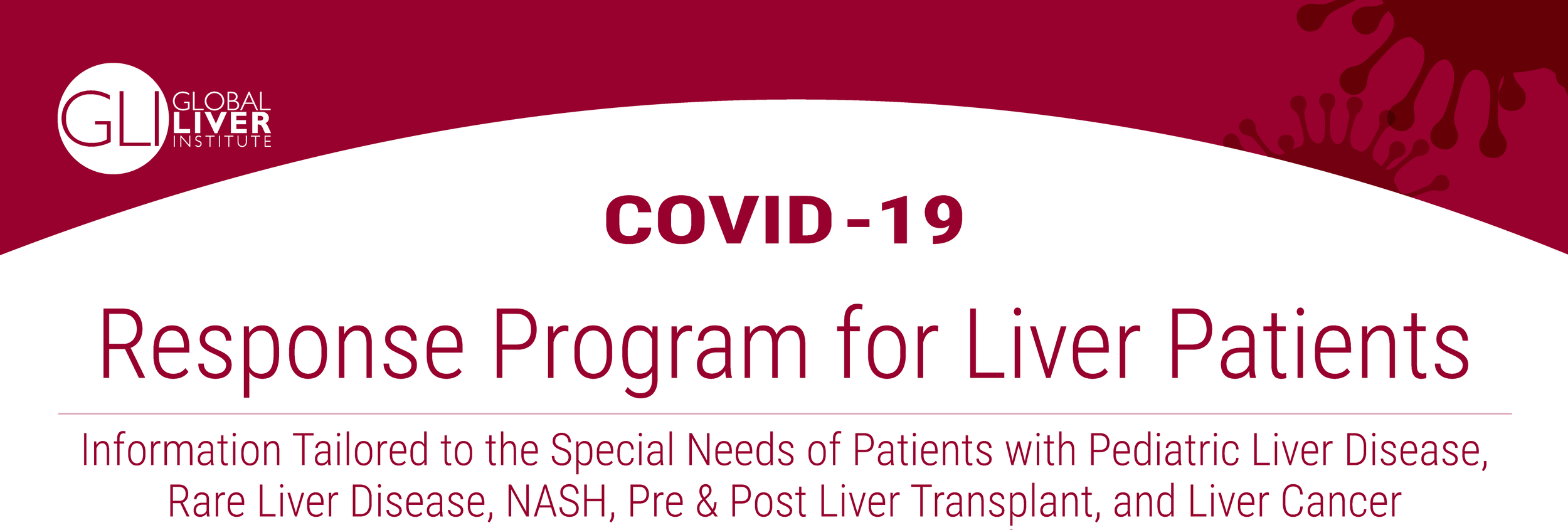Getting the COVID-19 vaccine? Things to know if you have liver disease or are immunocompromised!
Whether you are waiting for your COVID-19 vaccine appointment or are fully vaccinated already, you might have many questions about what is next. Today, we have compiled a list of things you need to know to help you both before and after your vaccination appointment. We have tailored the practical tips below specifically for people with liver diseases, organ transplants, or who are otherwise immunocompromised.
Things we know you are tired of doing but are still important
Protect yourself and your family against COVID-19 by wearing masks properly, maintaining good hygiene and observing social distancing.
Pay attention to any COVID-19 symptoms in yourself and the people you are living with. Self-quarantine whenever necessary.
Take care of your physical and mental health with resources available to you. Connect with your family and friends. Seek external help if you need it.
Understand your options for financial assistance with unemployment, food, housing and bills, if applicable.
Tips for Securing a Vaccine Appointment
Discuss with your healthcare provider the best timing of vaccination if you are on any immunosuppressive therapy.
While the Centers for Disease Control (CDC) does not recommend one vaccine over another, some vaccination sites will allow you to choose which vaccine you prefer. Both the Pfizer and Moderna vaccines require 2 shots given 3-4 weeks apart. Click here to read more about the differences between vaccines.
Register with your state department of health, local hospital and pharmacies. Use the eligibility checker and follow local news outlets. Find available vaccines using the CDC vaccine finder.
Learn about research opportunities to study vaccine effectiveness and response in patients not included in the original trials. Some studies may require antibody testing before the first vaccine dose. Many of these do not require any travel. (Google name of condition + COVID-19 vaccination study and look for a reputable medical center.). If you are a solid organ transplant recipient, consider enrolling in the study conducted by Johns Hopkins University. Studies do not usually provide a vaccine; study coordinators may point you to additional resources to find an appointment or answer questions on which vaccine to take if you meet the study criteria.
Five things you should do AFTER you get your COVID-19 Vaccine
Schedule: Before you leave the vaccination site, schedule your second dose or understand the process for doing so. Confirm your email and mobile number with them.
Record: Take a picture of your card so there is more than a paper record. Proof of vaccination may be the future key to travel, work, or entry into events or businesses. Do not share images of your card on social media.
Support Public Health: Register at the CDC vaccine safety site to ensure that you are aware of the short and long-term effects of vaccines. Complete v-safe health check-ins to record any side effects you might experience.
Support Research: If you did not explore a study before your vaccination, consider doing so now.
Reach Out: Help someone else in your community register to receive a vaccine appointment. Reports are that most adults will be eligible by May 1. Many people do not know that they are eligible right now and/or have a hard time navigating the many steps and online systems. Help us all be safe and well so we can come together again!
Fully vaccinated* while immunocompromised? Keep your guard up!
*Fully vaccinated: having been vaccinated for two weeks or more after having received the second dose in a two-dose series (the Pfizer or Moderna vaccines). For a complete list of dos and don’ts recommended for immunocompetent individuals who are fully vaccinated, please visit the CDC website.
If you are immunocompromised or have received a solid organ transplant in the past, you might develop insufficient immunity against COVID-19 despite vaccination. Therefore, it is important for you to continue to observe precautionary measures, get tested and talk to your healthcare provider if you are at risk of COVID-19 infection.
Protect yourself as if you are unvaccinated. Continue wearing masks properly, maintaining good hygiene and observing social distancing.
Get tested if you have any COVID-19 symptoms, even if you have been fully vaccinated. To determine if you should get tested, please refer to the “When Should I Get Tested” section in our COVID-19 testing guidance article.
Here is an article that might be helpful to you: What Immunocompromised People Should Know About the CDC Recommendations for Fully Vaccinated People.
For more information, check out the following resources:
Our previous medical update on COVID-19 vaccine safety and efficacy issues for transplant and immunocompromised communities
More Vaccines, Fewer Tests: Why COVID-19 Testing Remains Important
COVID-19 Support Program for Chronic Disease Patients and Their Families


